Why Apple Shouldn’t Have Killed the iPod Classic
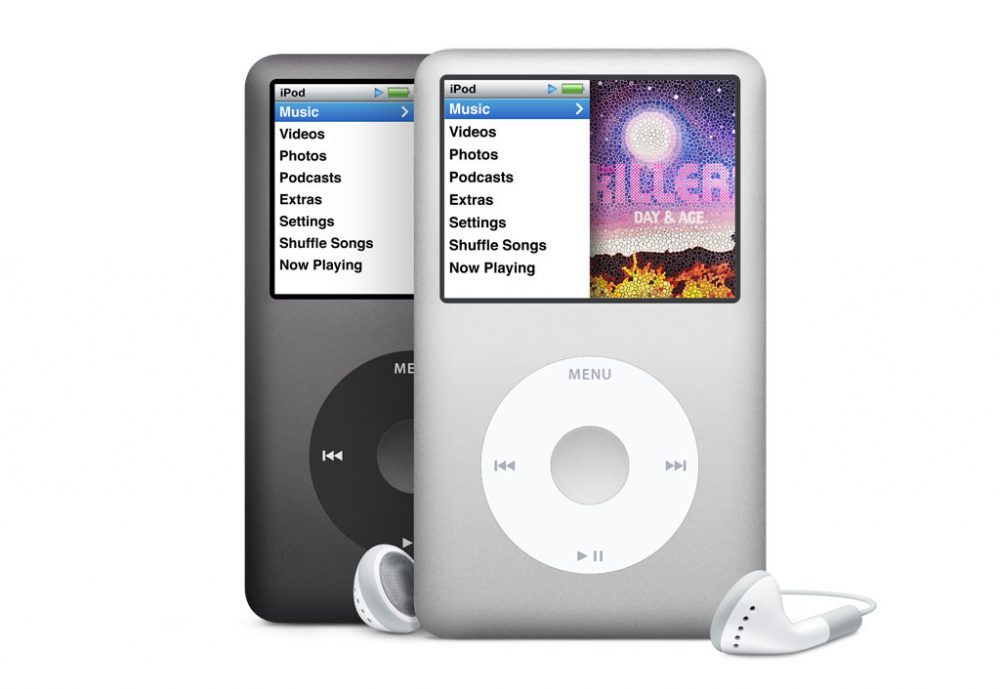
When Apple launched the first iPod 14 years ago on October 23, 2001, very few imagined the impact it would create in the way we consume music. For all the hate Apple receives today by dedicated groups out there, even they would have to agree that back then when Apple said it would come out with something revolutionary, it meant it.
The iPod was perhaps one of the best inventions of the 21st century. The device literally changed the way we listen to music and single-handedly dethroned the traditional Walkman and CD player. 13 years later, on September 9, 2014, Apple quietly decided to kill the classic iPod.

The sixth generation 160GB iPod Classic was the last Apple product in the iPod line to use the original 30-pin iPod connector and the Click Wheel. According to Apple CEO Tim Cook, the iPod Classic was discontinued because the parts were unavailable and a redesign was unwarranted given the small amount of consumer interest in the product.
Blame it on a generation that was moving towards all things touchscreen, the iPod Classic indeed was seeing low demand. But that doesn’t diminish the fact the Apple had made a serious dent in technology and the music world with the iPod Classic.
Walkman of the 21st Century
The idea behind the invention of the iPod was to create a portable music device that was not “big and clunky or small and useless”. One of the reasons Apple is what it is today is because its founder, Steve Jobs, was bent upon making technology sleek and beautiful. This is what they wanted to with the music player. Successive generations of the iPod Classic saw not only a sleeker, beautifully crafted device but also having a sturdy construction and a massive storage capacity to the pleasure of music lovers.
The Feel of the Iconic Wheel
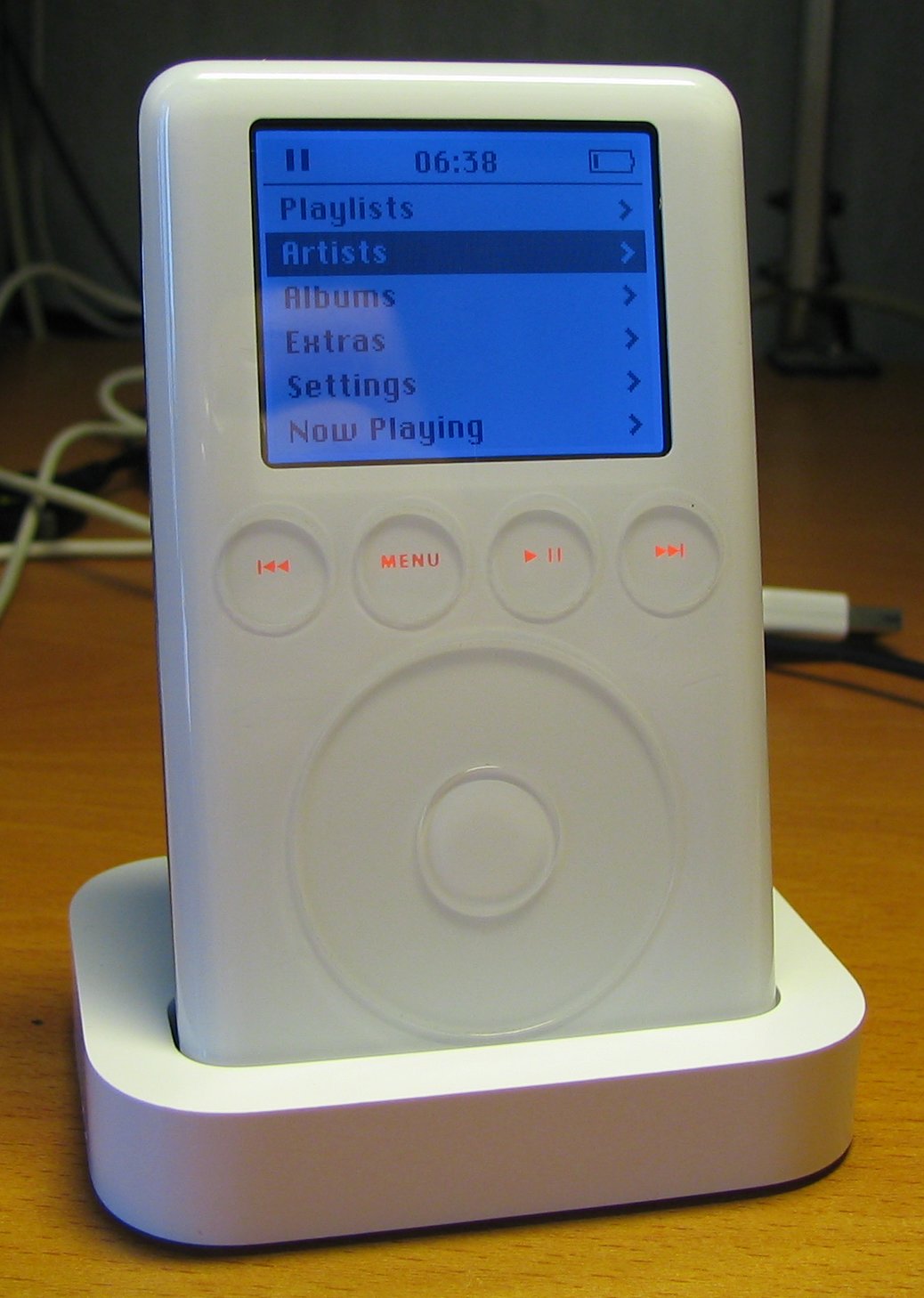
iPod (3rd Gen)
One of the main reasons the iPod Classic was so successful was because of its simplicity. The device had a decent sized screen and a Touch Wheel that was replaced with a Click Wheel with the 3-gen iPod. The wheel made using the iPod ridiculously easy. A scroll from left to right or right to left let you navigate through thousands of songs and artists in your collection. There was also a center select button, and four auxiliary buttons around the wheel. And that’s really all one needed.
The wheel added that extra bit of flair that came with the device’s sturdy yet sleek design. Navigating through your library was simply too easy. One could even do it without lifting one’s thumb. In all honesty, touchscreens may be the present technology, but even that can’t compete with the wheel’s functionality. Music needed a device that made listeners feel the music; that made them want to listen to music all day. That kind of feel of a personal music player died with the iPod Classic.
A Hundred Albums, A Thousand Songs
It started off with a 5 GB storage and went up to 160 GB by the sixth-gen model. But even an iPod with 30 GB or 60 GB storage was enough for music lovers. The point is that Apple provided a device that had a massive storage for users to keep their entire collection of music all in one place. Spotify and Apple Music is useful in certain circumstances, but you can never get the feeling of owning your own music with them. For years Vinyl collectors bemoaned the emergence of MP3 players as it meant you couldn’t own a physical object. Now music streaming has literally killed the idea of owning music.
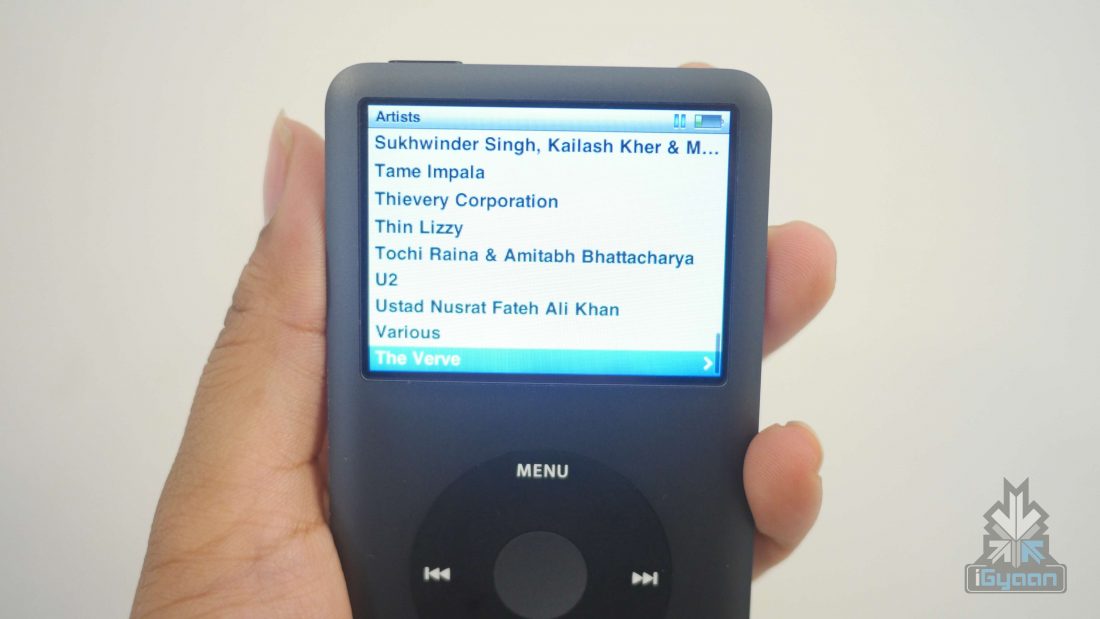
iPod (6th Gen)
The iPod Classic let you access hundreds of albums and thousands of songs in a single device. The Guardian‘s Will Dunn lamented the demise of the iPod: “There’s still a huge affection for the iPod Classic and it’s not hard to see why – Spotify might offer 20 million songs, but 120GB of music is more than most people need, and your iTunes library doesn’t carry data charges or a subscription fee. Also, I think the Classic is a more distraction-free listening experience – I’m more likely to get through a full album on one.”
A Pure Music Experience
Today, one is surrounded by the latest in technology. You probably have a phone with 32 GB space or higher. And yes, you do have songs in them too. But they’re still devices that are used primarily for other purposes and can never provide one with the same feel as a dedicated music player. Another point one should remember about the iPod was the massive battery life. You could go through a week of music on a single charge.
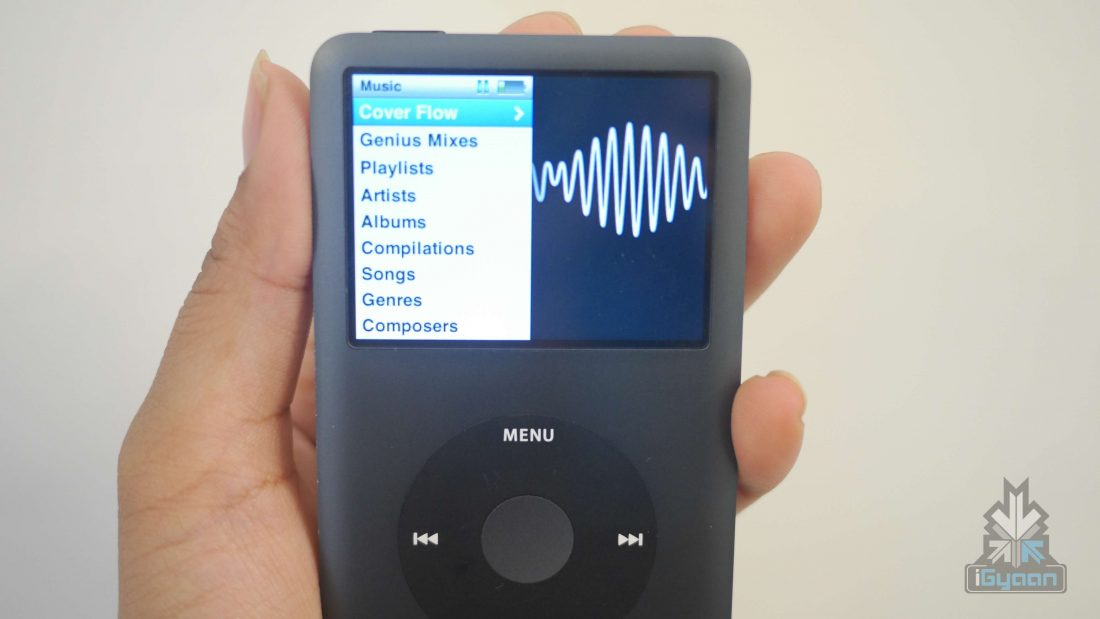
Do we really have a device today that looks and feels like a music player? Even the iPod Touch models don’t really look the part. If you go on Amazon or Flipkart today and type in music players, you’ll be surprised to see that there is not one good music-dedicated device that would take your fancy.
People Still Want a Portable Music Player
It’s true. Technology may have changed, but people haven’t. The need for a small, portable music player still exists in the world. Don’t believe us? Well, when Apple decided to call it a day with the iPod Classic, a lot of people rushed to Apple retailers to buy the last of the remaining stock. The sales of the iPods (what was left of them) suddenly saw a rise and even saw some of them being sold for four times the actual value.
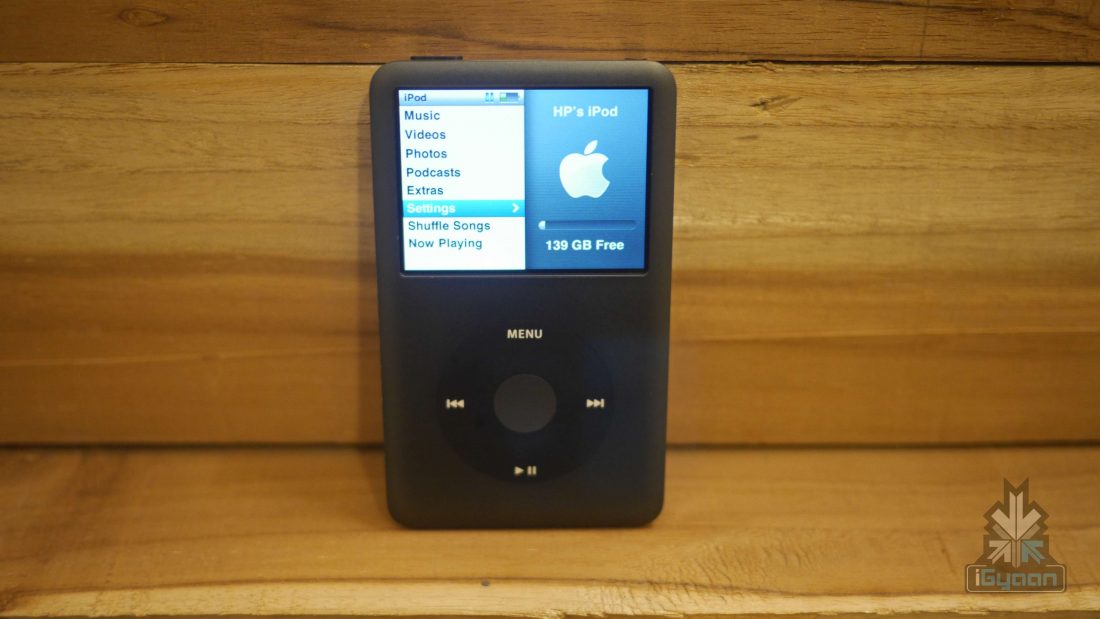
What one can take away from this is that the news reminded people just how important the music player was. until a few years ago, before streaming become the new thing, music was something that people loved to ‘own’. Steve Jobs was against the idea of music streaming and he pretty much summed up what music meant to him as well as to many others:
“These services treat you like a criminal. And they are subscription-based and we think subscriptions are the wrong path. One of the reasons we think this is because people bought their music for as long as we can remember. When you own your music it never goes away. When you own your music you have a broad set of personal use rights – you can listen to it however you want.”
Maybe instead of discontinuing the iPod Classic, Apple could have thought of ways to refashion it, adding present-day technology while still keeping the ‘Classic’ look and feel. It probably would have been worth a try. Maybe some day a company might come along and bring back the love for music the way Apple did.
















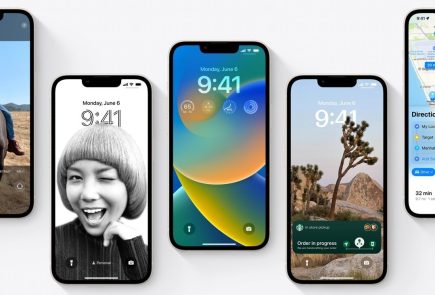
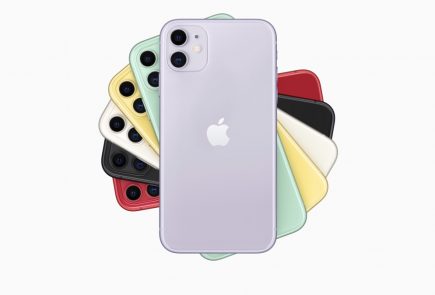
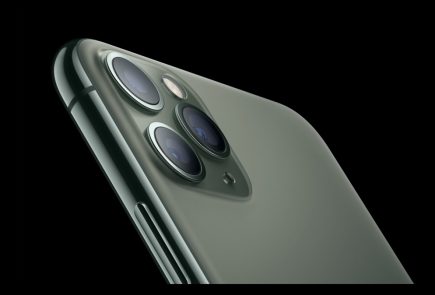
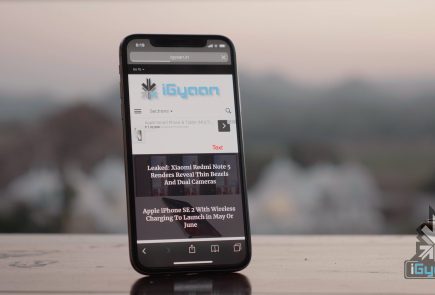

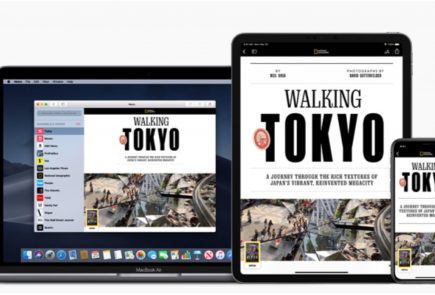


 ! For i
! For i